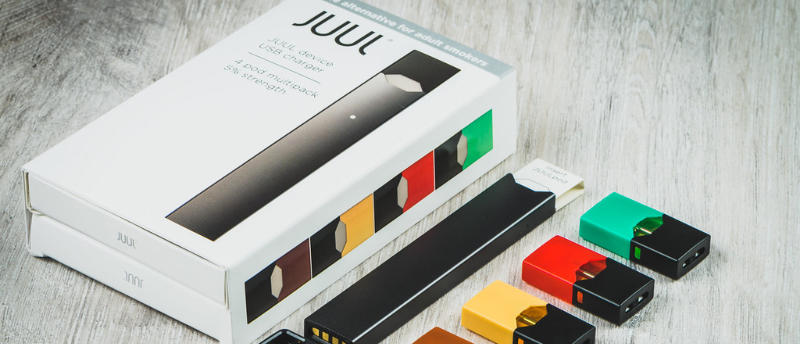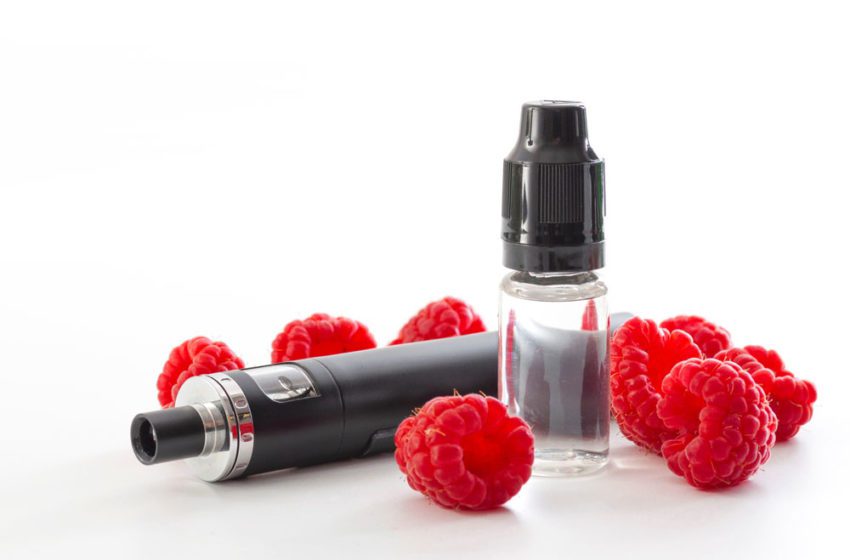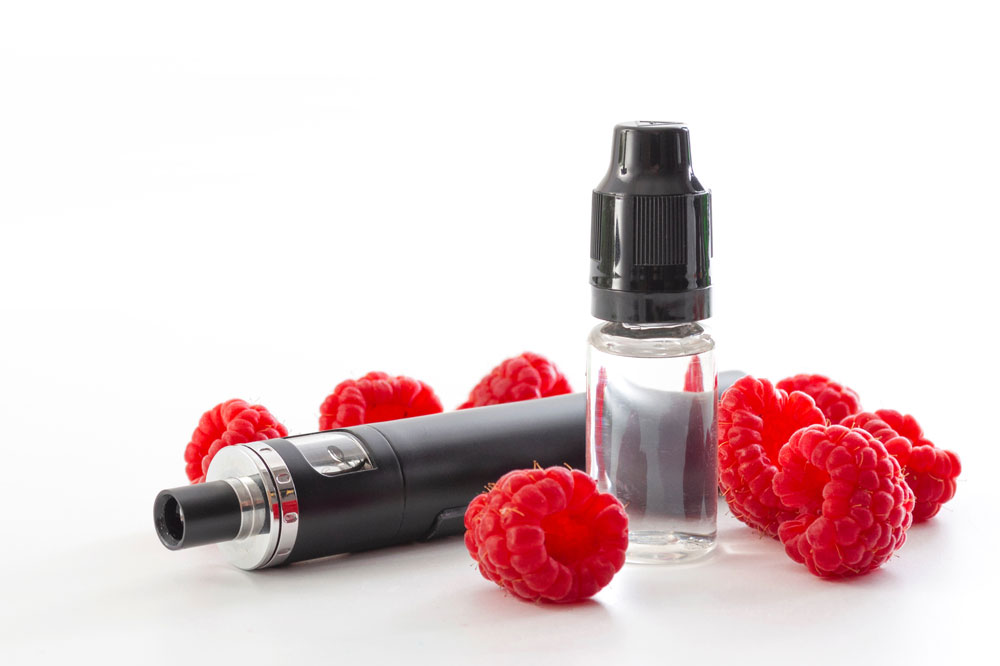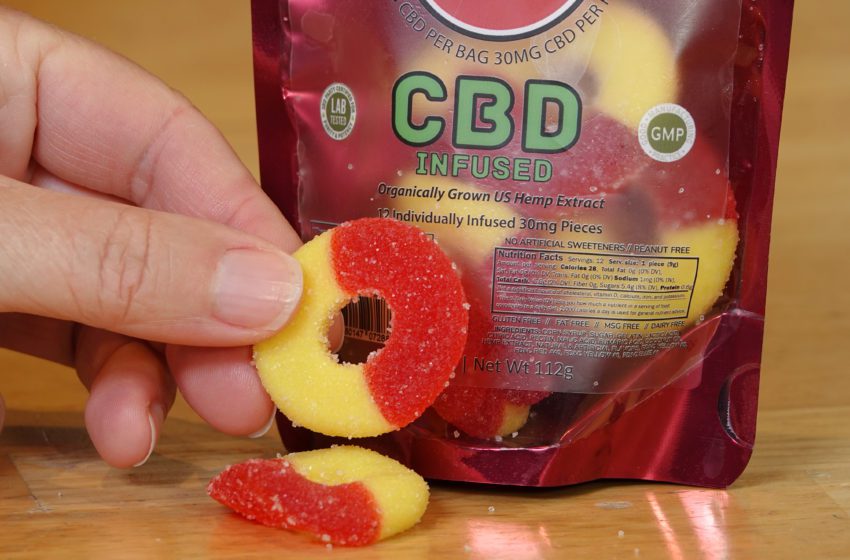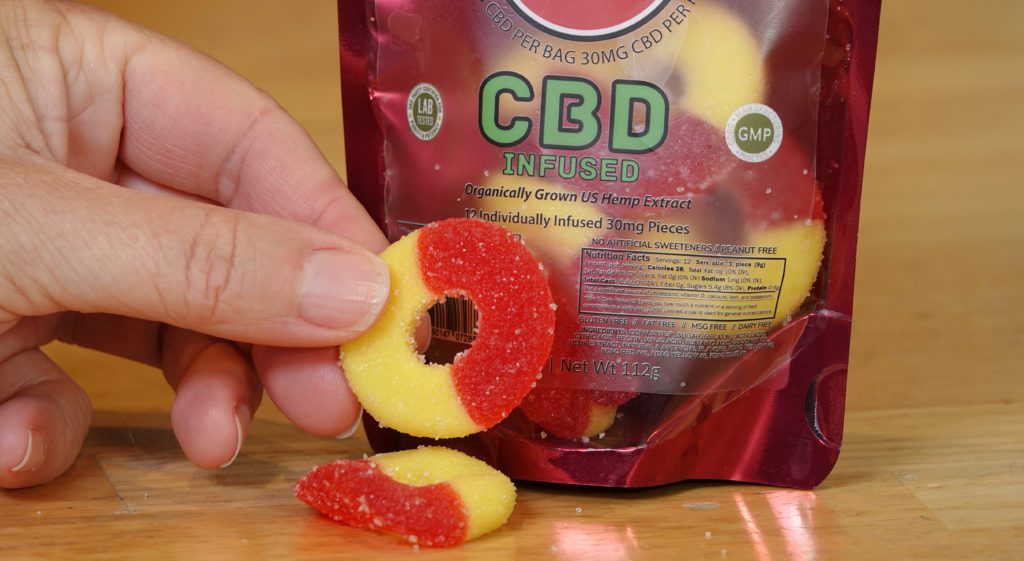
A group of public health experts along with the attorney general of Iowa have asked the U.S. Centers for Disease Control and Prevention (CDC) and the U.S. Surgeon General to correct misinformation overstating the dangers of e-cigarettes.
In an editorial published Dec. 12 in Addiction, the authors cite the 2019 outbreak of EVALI and the Surgeon General’s 2016 youth vaping report, which claims that nicotine vaping is a gateway to smoking.
The authors take issue with the CDC’s failure to amend the name EVALI (e-cigarette or vaping product use-associated lung injury) even after it became clear that the health problems were brought about by vitamin E acetate (mixed with cannabis oil by black market sellers) rather than nicotine vapes.
“Smokers are still twice as likely to incorrectly identify e-cigarettes as the cause of a serious lung disease outbreak in 2019 than to correctly identify marijuana vape products contaminated by vitamin E acetate as the cause,” said lead author Michael Pesko of Georgia State University in a press note. “Because many smokers then falsely believe e-cigarettes to be as or more dangerous than cigarettes, the misinformation reduces smoking cessation that would otherwise occur. Population health suffers as a result.”
The Surgeon General’s gateway claim, meanwhile, is simply untrue, according to the authors. “Significant evidence now exists that this association between vaping and smoking is not causal, which is a source of confusion for the lay public and healthcare professionals,” wrote Georgia State University health economist Pesko.
“The lack of causation is underlined by real-life data collected since the SG report’s publication. Even as youth vaping hit its peak in 2019, youth smoking was sinking rapidly, and that decline has continued.”

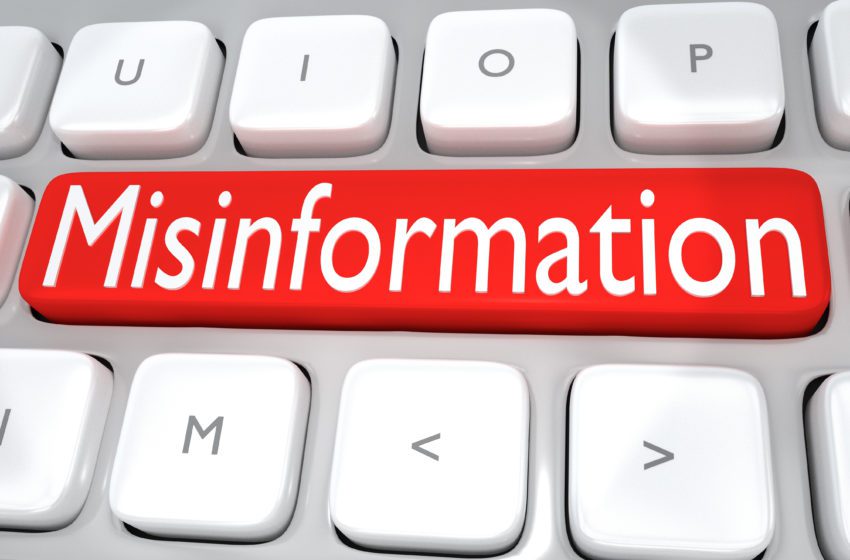
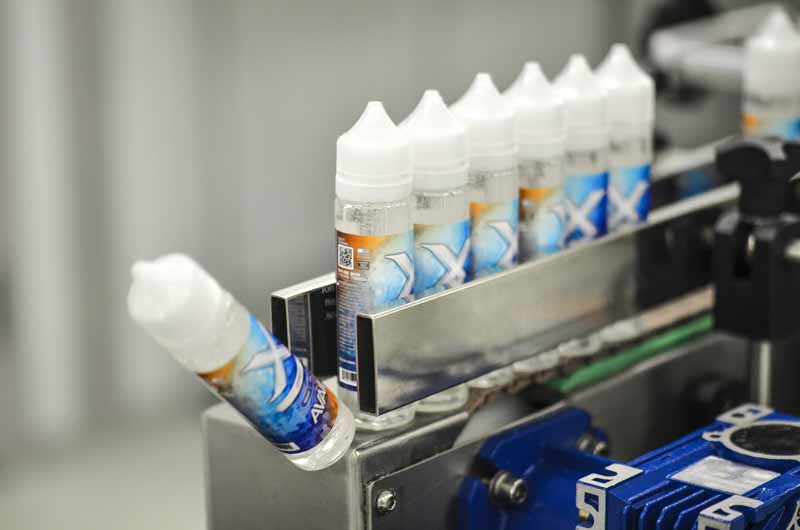
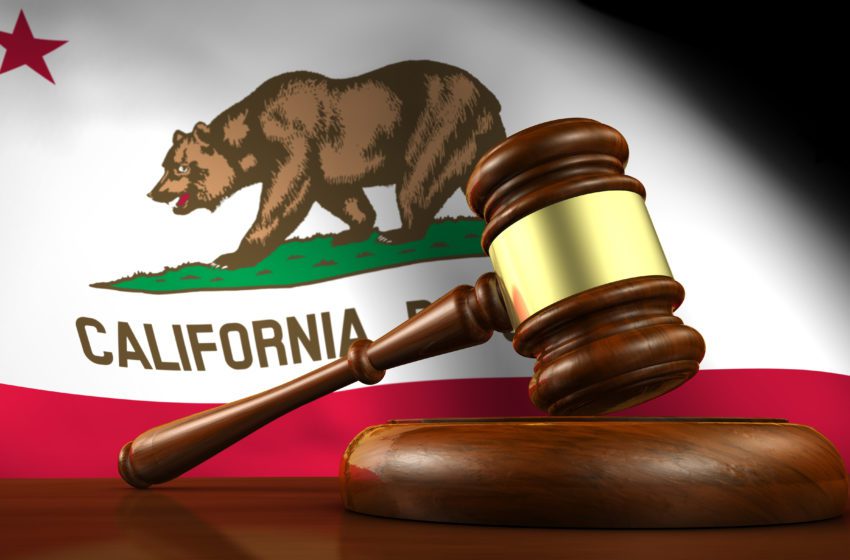



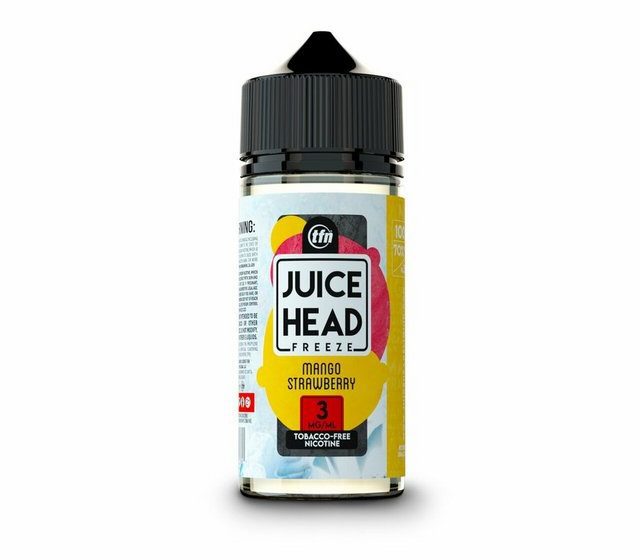
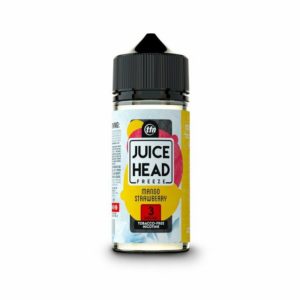 Streamline, parent to Juice Herad and several other e-liquid brands, announced that the U.S. Food and Drug Administration
Streamline, parent to Juice Herad and several other e-liquid brands, announced that the U.S. Food and Drug Administration 